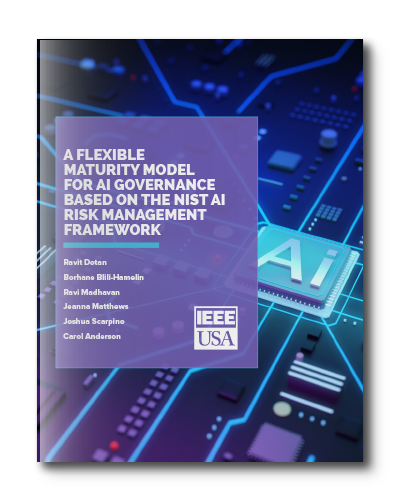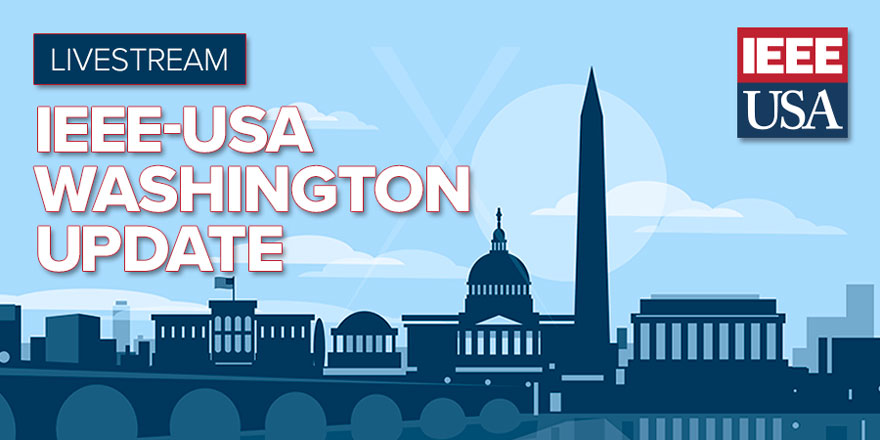Presenter: Richard Bernstein
Overview
The IRS’s definition of R&D and industry’s definition of R&D differ. A large majority of R&D performed in the United States is done in the private sector, rather than done by universities and the work that qualifies for R&D Tax Credits is much broader (and more lucrative) than you would think. The program that pays for this R&D work is the Research Tax Credit, which is administered by the IRS. This presentation, R&D Tax Credits for Engineers and Scientists, is a high level basic primer that will teach you what type of R&D work that you already do qualifies for the credit and the general steps required to present your work successfully to the IRS.
About the Presenter

Richard Bernstein, former IRS Engineer, holds a BSEE and an MBA in Public Accounting from Rutgers Business School. He spent half his career as a software developer and a field application engineer (FAE) in Telephony/Instrumentation, and the other half as an IRS R&D Engineer. His specialty is in auditing the software R&D Tax Credits of the largest high tech, pharma, media, and financial companies in the US.









